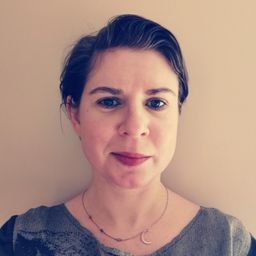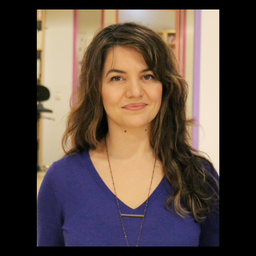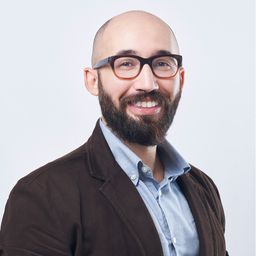Everyday and cultural geographies of Islam/Muslims: expanding the field
Mon statut pour la session
SESSION 2: Everyday and cultural geographies of Islam/Muslims: Queering Affect
1. Arabs Queering Toronto: Queer Arab Newcomers Claiming and Queering Spaces in their new home
Saif Malhas, PhD Candidate, Geography Department, University of Waterloo
Toronto markets itself as a diverse, happy, and sexually liberated city, attracting many Arab queer newcomers due to its status as a settlement location for one-third of Arabs in Canada (Statistics Canada, 2022). However, the city's neo-liberal planning approach has resulted in the loss of safe spaces necessary for the queer community to explore their sexuality without fear. This research paper will examine the spatial relationship between Arab queer culture and the city, including its connection with the existing LGBTQ2+ community. It will also consider the impacts of gentrification, place-making, and discrimination, while exploring the complex subjectivities of the queer Arab migrant community, such as race, culture, decolonizing queerness, religion, and migration, and how all can be incorporated spatially. Toronto's expanding queer Arab community underscores the need for research on this topic. As such, this paper aims to fill the gap in the geography literature and shift the focus towards a more inclusive understanding of queer spaces - shifting the focus from the traditional north-centric view - that acknowledges the experiences of diverse communities.
2. Affective Encounters: Muslim and non-Muslim Awkwardness
Dr. Galina Scolnic, Instructor, Women’s and Gender Studies at the University of Windsor
In this paper I engage the affect of awkwardness as a way of understanding interactions between Muslim and non-Muslim people as they happen in everyday life. It is widely known how the mainstream media, the government, or the status quo in general thinks of Muslim people, however, my intention here is to show what Muslim people think of us—non-Muslims. This is important as we share public spaces such as work and school where we collaborate on not only maintaining this society’s functionality but also on contributing to the creation of inclusive and creative spaces where we learn with and from each other. I intertwine excerpts from participants’ interviews with affect theory as an attempt at pointing towards different ways of sitting with each other via awkwardness. By sitting, here, I do not necessarily mean the act of sitting, though that is not excluded, but more like mulling over something that was said or done and coming back to it in order to understand better oneself as well as the other. To understand Muslim people, or any people other than oneself, is to understand secularism and being in public spaces. Understanding, here, is not meant as acceptance, tolerance, or integration; to understand is to know one’s country’s history, to know where one comes from and how they got here. These are things that non-white people, for the most part, already know.
3. Muslim geographies, positionality, and ways of knowing migration
Yannis-Adam Allouache, PhD Candidate, Department of Geography, National University of Singapore
Amid the proportion of work on “Muslim geographies”, the majority has focused on Muslims as a minority discussed within societies of the West. Additionally, this work rarely discusses the positionality of the researcher despite significant overlaps with work in feminist, social and cultural geographies. This paper takes “Muslim geographies” as a starting point to further problematize accounts of knowledge, subjectivity, and power with regards to the treatment of Islam in Geography. I argue that geographical analysis at other scales and from different standpoints is needed to yield other ways of knowing about Muslims and how they orient themselves across space and time. This theoretical intervention is informed by my fieldwork experience as a Muslim male conducting ethnographic research on migration and labour precarity with other Muslim migrants across Taiwan. As I transited through various Muslim spaces, being Muslim provided privileged access, raised unexpected reflexive dilemmas, and shaped the direction in which the research progressed.




